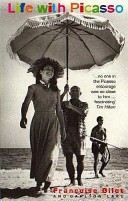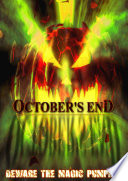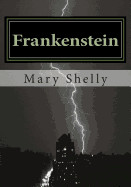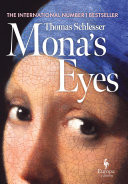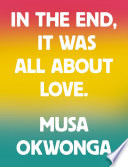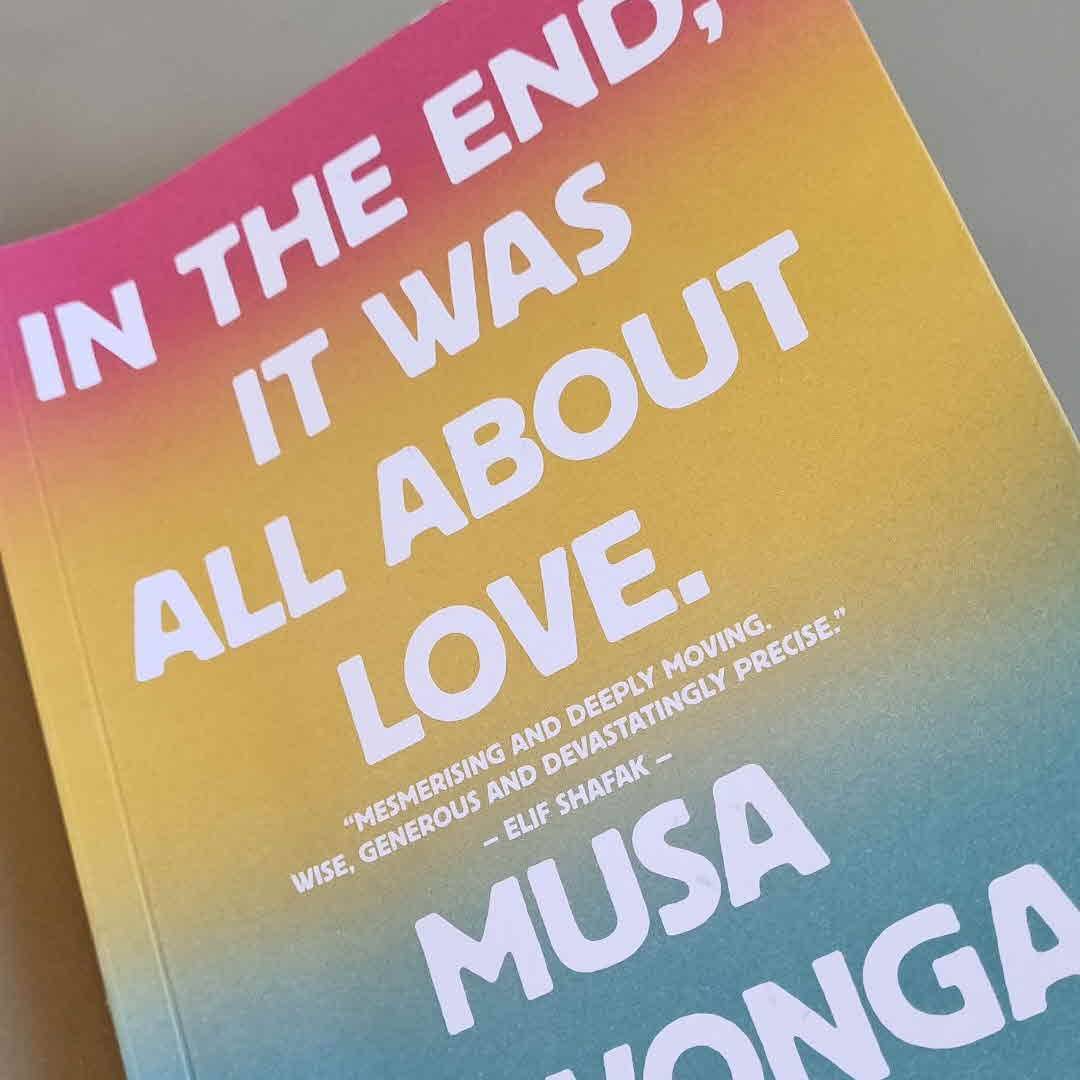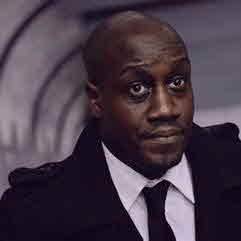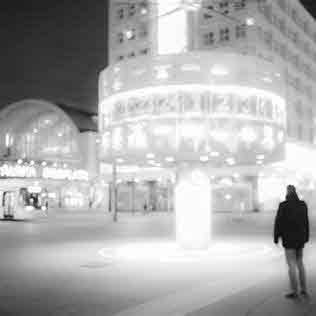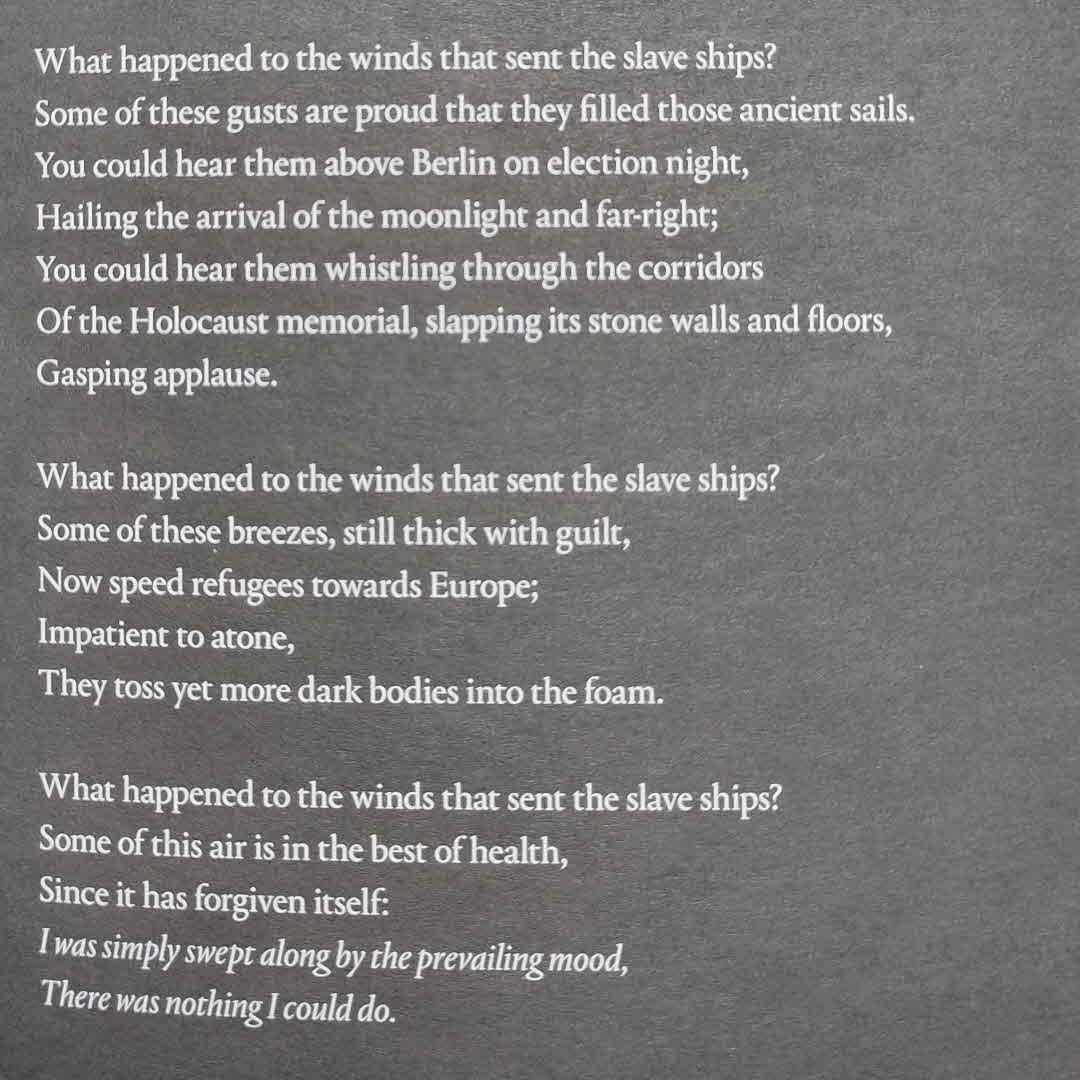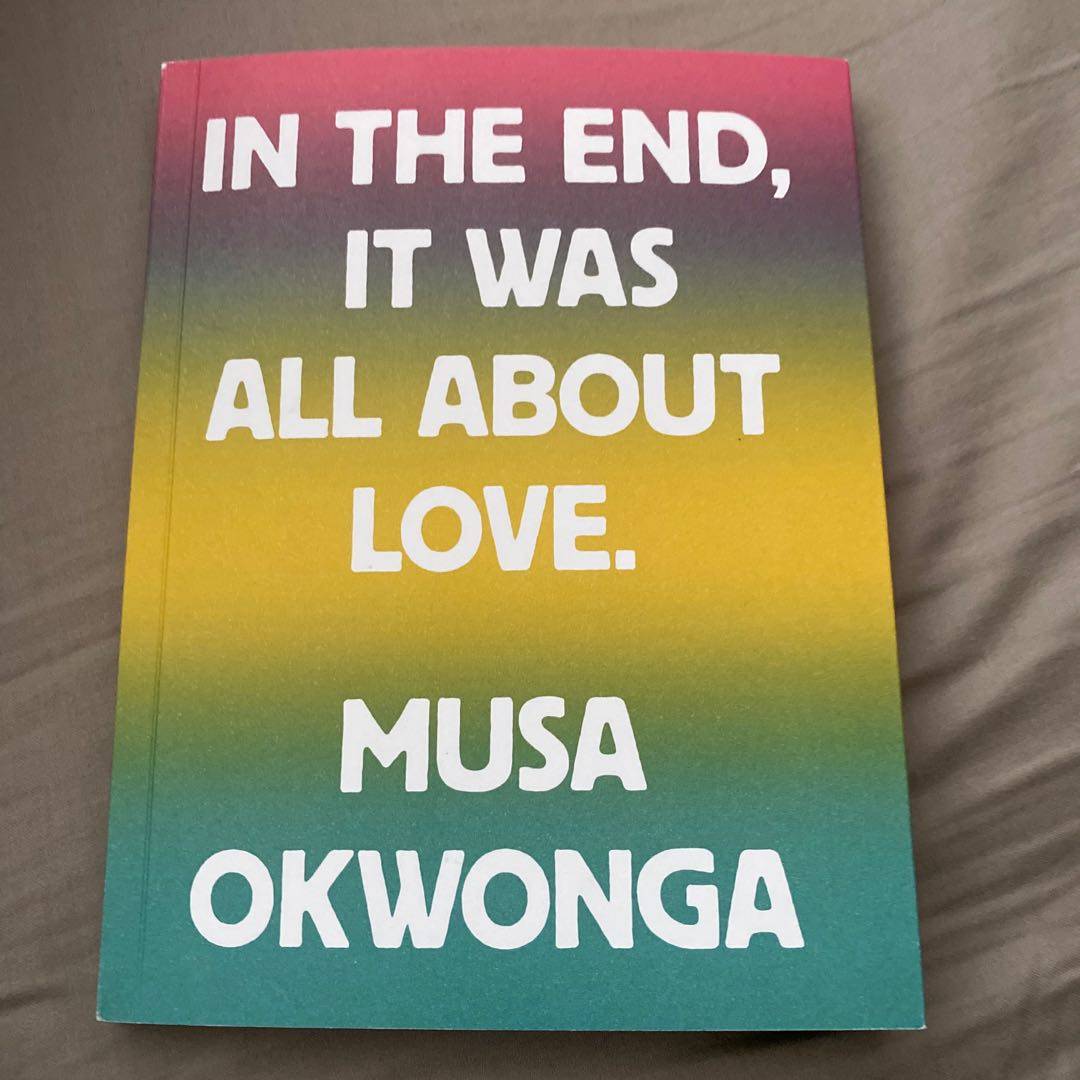
You, the gentrifier, have now been gentrified.... once every ten years, you should have a reunion and bitterly reminisce, clutching your paper cups of Moscow mule and growling about how this town's landlords and businesses put cash before community. At the end of the evening you should stand in a long line, in the order that your spending powers evolved to claim the city







